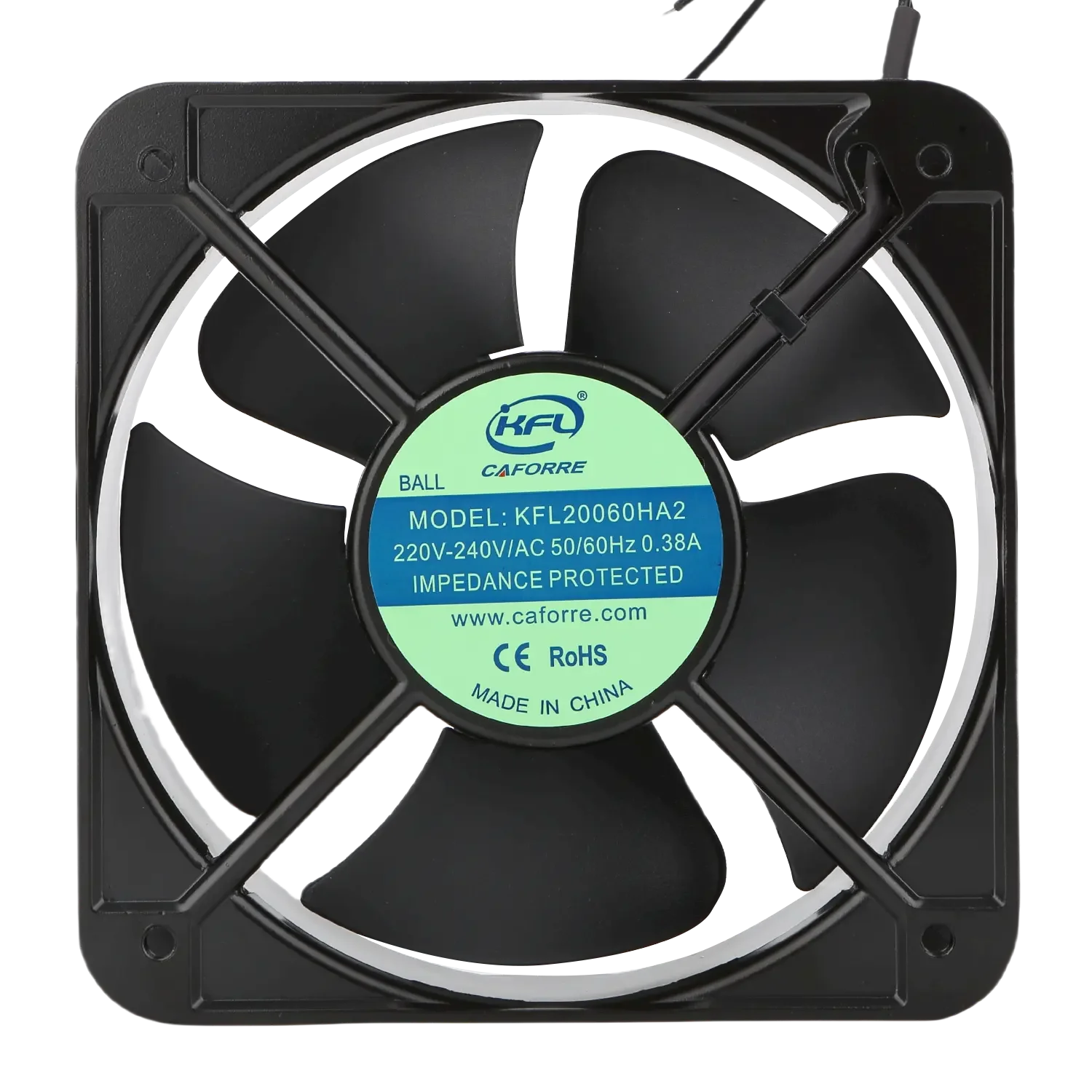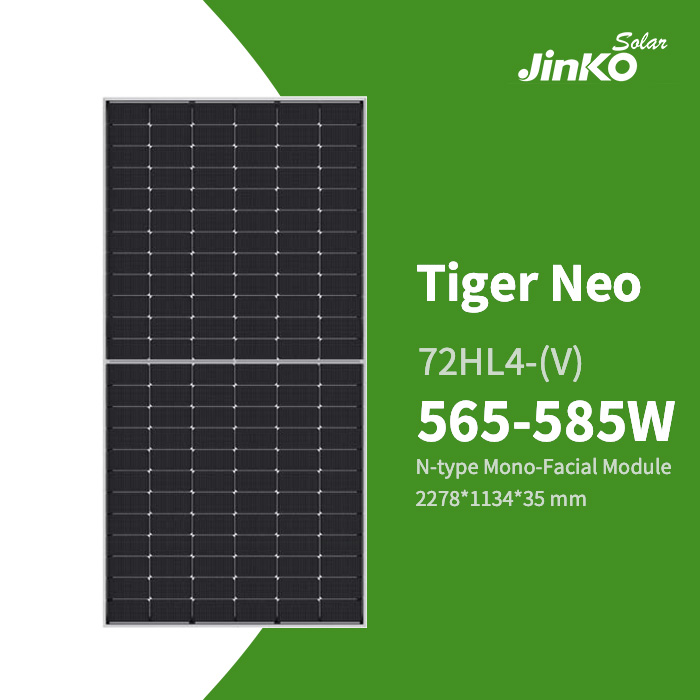When it comes to maintaining the health of your vehicle's engine, oil pressure plays a crucial role. While many drivers are familiar with the concept of oil pressure, understanding how to tell if oil pressure is too high is essential for preventing potential engine damage. High oil pressure can lead to a myriad of issues, from oil leaks to catastrophic engine failure. In this article, we will explore the signs of high oil pressure, its causes, and the steps you can take to diagnose and rectify the situation.
Understanding Oil Pressure
Oil pressure is a measure of the force exerted by the oil circulating through your engine. This pressure is vital for lubricating engine components, reducing friction, and ensuring efficient operation. Typically, oil pressure is monitored by a gauge on the dashboard or through an oil pressure warning light. The ideal oil pressure varies depending on the engine type and manufacturer specifications, but it generally falls within the range of 25 to 65 psi when the engine is running.
Signs of High Oil Pressure
- Oil Pressure Gauge Reading: The most straightforward way to determine if oil pressure is too high is by observing the oil pressure gauge. If the needle consistently hovers above the recommended range, it is a clear indication of elevated oil pressure.
- Oil Pressure Warning Light: Many modern vehicles are equipped with an oil pressure warning light that illuminates when the oil pressure exceeds safe levels. If this light activates, it is crucial to address the issue immediately.
- Unusual Engine Noises: High oil pressure can lead to increased stress on engine components, resulting in unusual noises such as knocking or ticking. If you notice these sounds, it may be time to investigate your oil pressure.
- Oil Leaks: Excessive oil pressure can cause seals and gaskets to fail, leading to oil leaks. If you notice oil pooling under your vehicle or on engine components, it may be a sign of high oil pressure.
- Poor Engine Performance: High oil pressure can affect engine performance, leading to sluggish acceleration or decreased fuel efficiency. If you experience these symptoms, it may be worth checking your oil pressure.
Causes of High Oil Pressure
Understanding the underlying causes of high oil pressure is essential for effective diagnosis and repair. Here are some common culprits:
- Oil Viscosity: Using oil with a viscosity that is too high for your engine can lead to increased oil pressure. Always refer to your vehicle's owner manual for the recommended oil type.
- Faulty Oil Pressure Regulator: The oil pressure regulator is responsible for maintaining optimal oil pressure. If this component fails, it can lead to excessive pressure buildup.
- Clogged Oil Filter: A clogged oil filter can restrict oil flow, causing the oil pump to work harder and increase pressure. Regular oil changes and filter replacements are essential for preventing this issue.
- Oil Pump Malfunction: A malfunctioning oil pump can either over-pressurize the oil or fail to maintain adequate pressure. If you suspect an issue with the oil pump, it is crucial to have it inspected by a professional.
- Engine Temperature: High engine temperatures can cause oil to thin, leading to increased pressure. Ensure your cooling system is functioning correctly to prevent overheating.
Diagnosing High Oil Pressure
If you suspect that your vehicle is experiencing high oil pressure, follow these steps for diagnosis:
- Check the Oil Level: Begin by checking the oil level using the dipstick. Ensure that the oil is at the recommended level and that it is not overly viscous.
- Inspect the Oil Pressure Gauge: If your vehicle has an oil pressure gauge, monitor it while the engine is running. Note any fluctuations or readings that exceed the normal range.
- Examine the Oil Filter: Inspect the oil filter for signs of clogging or damage. If it appears dirty or old, consider replacing it.
- Consult a Professional: If you are unable to identify the cause of high oil pressure, it is advisable to consult a qualified mechanic. They can perform a thorough inspection and recommend necessary repairs.
Conclusion
High oil pressure is a serious issue that can lead to significant engine damage if left unaddressed. By understanding the signs, causes, and diagnostic steps associated with high oil pressure, you can take proactive measures to protect your engine. Regular maintenance, including oil changes and filter replacements, is essential for ensuring optimal oil pressure and overall engine health. If you ever find yourself in doubt, don’t hesitate to seek professional assistance to keep your vehicle running smoothly.


